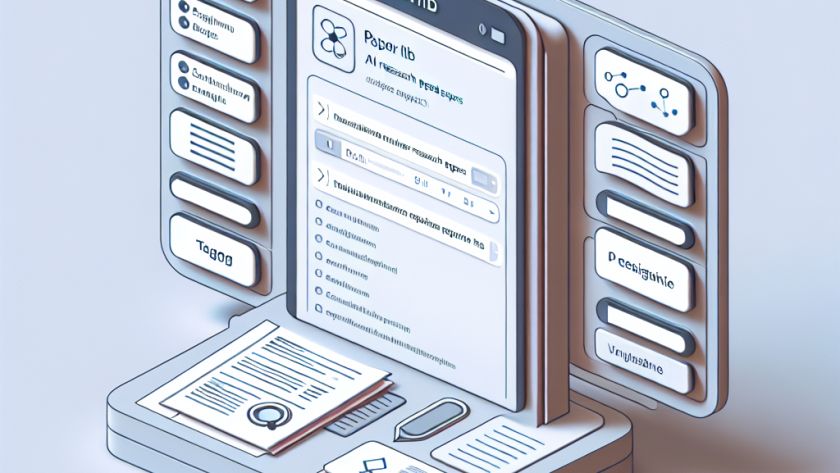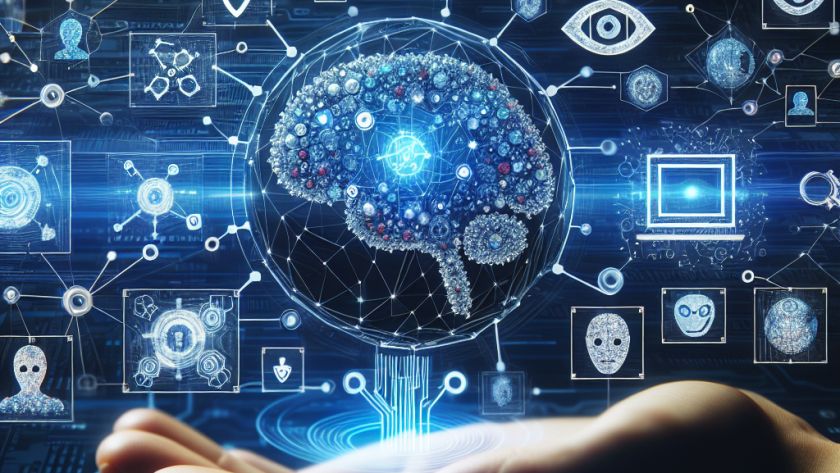


In the world of machine learning, large language models (LLMs) are a significant area of study. Recently, model merging or the combination of multiple LLMs into a single framework has fascinated the researcher's community because it doesn't require any additional training. This reduces the cost of creating new models considerably, sparking an interest in model…

iRobot co-founder and MIT Professor Emeritus, Rodney Brooks, warned about overestimating the capabilities of generative AI during a keynote speech at the "Generative AI: Shaping the Future” symposium. This marked the start of MIT’s Generative AI Week, which aimed to examine the potential of AI tools like OpenAI’s ChatGPT and Google’s Bard.
Generative AI refers to…

Researchers and developers often need to execute large language models (LLMs), such as Generative Pre-trained Transformers (GPT), with efficiency and speed. The choice of hardware greatly influences performance during these processing tasks, with the two main contenders being Central Processing Units (CPUs) and Graphics Processing Units (GPUs).
CPUs are standard in virtually all computing devices and…

The debate over the necessity of copyrighted materials to train top Artificial Intelligence (AI) models continues to be a hot topic within the AI industry. This discussion was fueled further when OpenAI proclaimed to the UK Parliament in 2023 that it's 'impossible' to train these models without using copyrighted content, resulting in legal disputes and…

Artificial intelligence (AI) is an industry that is developing at a rapid pace. However, there are several challenges that exist in transitioning research innovations into practical applications. It can be a difficult task to improve the quality of AI models to match the standards required for production. Even though researchers can create robust models, adapting…

In the ever-evolving fields of computer vision and artificial intelligence, traditional methodologies favor larger models for advanced visual understanding. The assumption underlying this approach is that larger models can extract more powerful representations, prompting the construction of enormous vision models. However, a recent study challenges this wisdom, with a closer look at the practice of…

Decompilation is a pivotal process in software reverse engineering facilitating the analysis and interpretation of binary executables when the source code is not directly accessible. Valuable for security analysis, bug detection, and the recovery of legacy code, the process often needs assistance in generating a human-readable and semantically accurate source code, which is a substantial…

Speaking at MIT's "Generative AI: Shaping the Future" symposium, key speaker and iRobot co-founder Rodney Brooks warned against overstating the capabilities of Generative AI, a form of machine-learning that produces new content based on its training data. With examples like OpenAI's ChatGPT and Google’s Bard, Brooks cautioned of the consequence of believing that one technology…

The increasing use of facial recognition technologies is a double-edged sword, wherein it provides unprecedented convenience, but also poses a significant risk to personal privacy as facial data could unintentionally reveal private details about an individual. As such, there is an urgent need for privacy-preserving measures in these face recognition systems.
A pioneering approach to this…

Jailbreak attacks aim to identify and address security vulnerabilities in Language Models (LLMs) by bypassing their safety protocols. Despite significant advancements in LLMs, particularly in the area of natural language processing, they remain prone to such attacks. Given the increasing sophistication of new jailbreak techniques, the need for robust defense methodologies has grown. These methods,…

Microsoft researchers have introduced Garnet, a versatile and highly performant cache-store system designed to support the rapidly evolving needs of modern applications. Traditional cache-stores have struggled to keep pace with the increasing complexity and demands of interactive web applications, driving the creation of this new, open-source solution.
As opposed to its predecessor, Garnet handles not…
